
Raised on a council estate near Luton, a teenage Steven D’Souza had plans to follow his religion and become a Catholic priest, but his spiritual journey instead took him into the corporate world where he now does leadership development for corporate leaders and CEOs from some of the biggest global companies, and has written five books about how mindfulness and philosophy can help business leaders do and be better.
The world of corporate big-wigs might seem totally at odds with that of a Catholic priest, but Steven says that his philosophical learnings and experiences of helping the most vulnerable in society enabled him to carve a career helping moguls and magnates tap into their spiritual side in their business-centred work – and it was a life-threatening period of ill-health that really set the ball rolling.
Steven, who is now 50 and living in Riyadh, the capital of Saudi Arabia, was raised Catholic by his Goan parents and knew from a young age that his “calling was to serve people”.
After finishing school, while his friends were heading off to university, Steven joined an order in Mill Hill, London, and lived in a community of priests, sisters and volunteers.
There, he volunteered as a youth leader, running retreats for school groups – including for deaf children and inner-city kids, and worked at an Alzheimer’s unit, caring for patients while their families had some respite.
In his second year at the order he became a seminarian, beginning his rigorous academic and spiritual training to become a priest, working at a homeless shelter in Westminster, an inner-city school in Glasgow, a hospice and a prison for mentally-ill convicts.
“It was a really life-transforming experience,” he told PA Real Life.
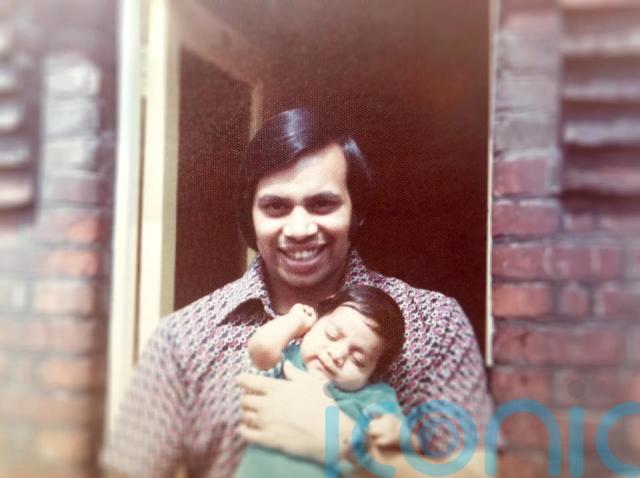
However, at the end of the two-year period at the order, Steven decided it wasn’t his vocation to become a priest and went to St Mary’s University in Twickenham to study theology, philosophy and history.
“I grew up with those values and going to church, but it was something, ironically, that I left when I got to university,” he said.
“I studied existential philosophy and I went through that period of questioning, thinking: ‘What are my beliefs, rather than my received beliefs from childhood?’
“It’s not a rejection, wholesale. It’s more: ‘What does it mean for me as an adult?’… and exploring the implications for that in my work, in my life.”
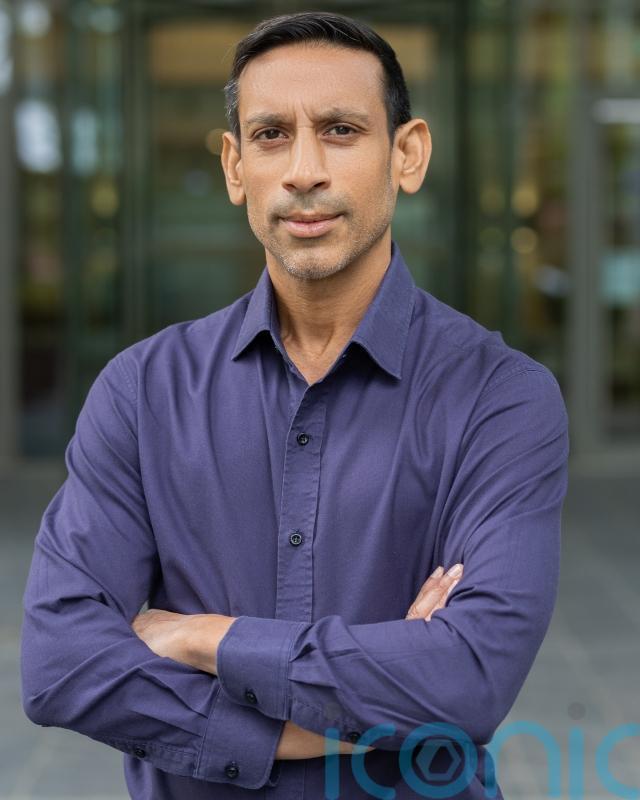
He knew his calling was still to help people and after dabbling in other jobs post-graduation – including his first business, a company set up to help students get first-class degrees with memory and stress-reducing training – he landed his first corporate job, as an HR manager for Radisson Hotels, alongside which he helped staff from diverse backgrounds to further their English language skills to improve their career opportunities.
However, in his early twenties, a life-threatening illness changed his life in ways he couldd never imagined.
“In 2001, one day … I couldn’t even tie up my shoelaces, and I was in a lot of pain,” Steven said.
“I went to the doctor and I was diagnosed with tuberculosis… with pleurisy, fluid in the lungs. I had an operation, but, unfortunately, it came back and it was drug-resistant.”
“At one point, when it came back, on New Year’s Eve … I was at home and thinking: ‘If the medicine is not working, maybe I’m going to die’,” he added.
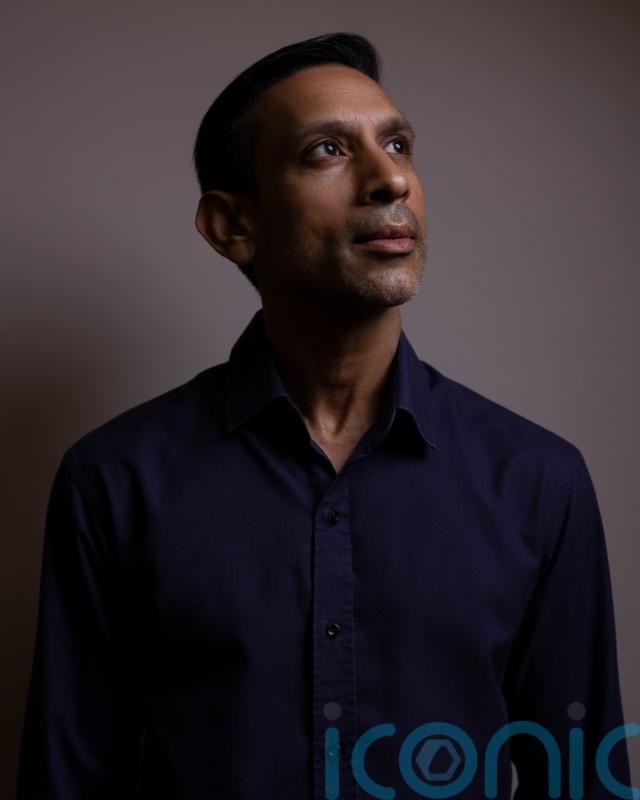
Steven said this experience put things into perspective and he decided to travel to Indonesia to do some voluntary work, as one of his biggest regrets was never living abroad.
Through the staff at the hotel he worked in, he was connected with someone running an orphanage in Indonesia – “he was sending 1,100 children to school every month, a clean water project and a baby rescue home, and he was only 25 years old”.
“I was like: ‘Okay, what am I doing with my life?’” Steven said.
“So I went over there and I helped him fundraise.”
Soon, Steven had been recruited to head up the diversity team at Abbey bank – now known as Santander – a job which inspired his first book, 2005’s Made in Britain, which spotlighted inspirational role models from British black and minority ethnic communities.
By the age of 30, Steven was the vice president of leadership and talent management at investment bank Merrill Lynch, helping improve diversity at the bank, going on to write a book about networking before publishing his “Not” trilogy – Not Doing: The Art of Turning Struggle into Ease, Not Being: The Art of Self-Transformation, and Not Knowing: The Art of Turning Uncertainty into Opportunity – all aimed at those working in the world of business, offering advice stemming from philosophy, psychology and even spirituality that’s applicable in the corporate sphere.
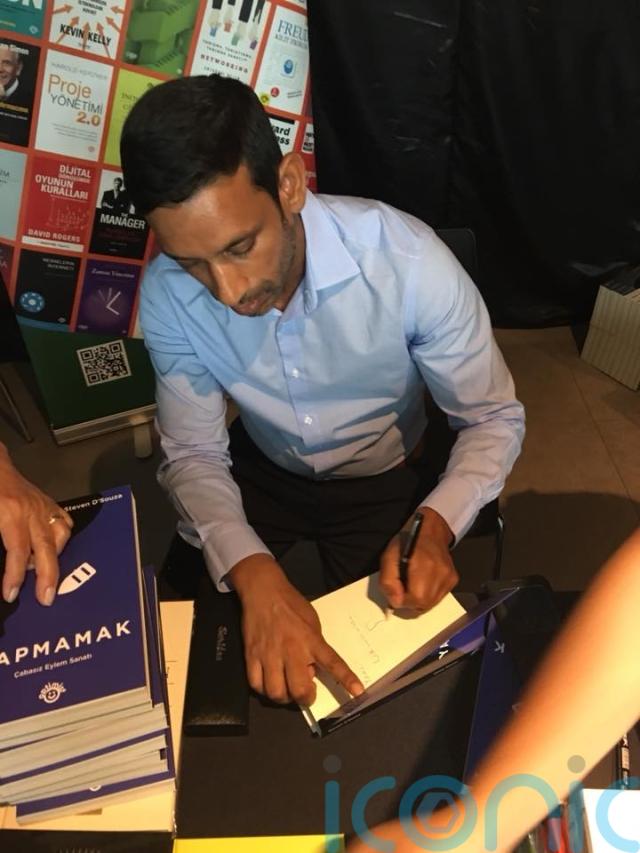
“My philosophy has been to resist narrow identities and to think of careers more as pathways rather than highways,” he says, reflecting on his path from Catholic priesthood to corporate guru.
“I remember at 14, (thinking) if I didn’t choose the right options for GCSE, life was over. And then the right A-levels, and the right degree. We put too much pressure on ourselves and on young people.”
Now, alongside his current role as senior client partner in leadership and professional development at Korn Ferry management consulting firm, he’s gearing up for the publication of his latest book, Shadows at Work, which encourages business leaders to delve into the human psyche and embrace their darker side.
“It’s looking at the hidden side, the dark side that we tend not to look at, but not seeing shadow as negative, it’s actually our hidden potential. Often, our gifts are in our shadows and in what we don’t want to face, or we think of as our wounds,” he said.
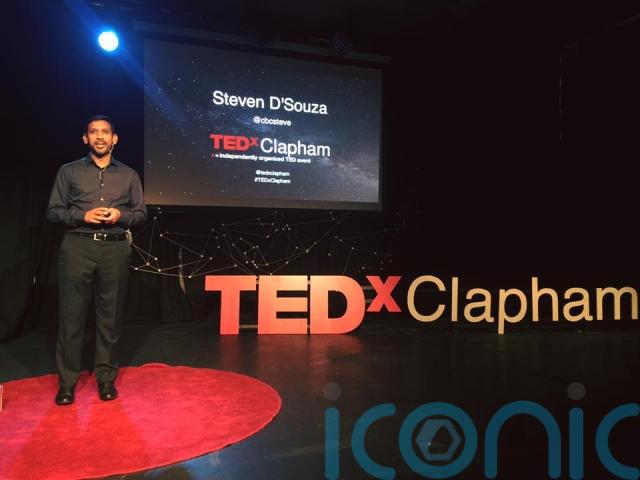
“Think about Oprah: She came across a very polished interviewer, but when she talked about her abuse as a child… Actually, it was her vulnerability and her ability to empathise and connect that made her a global star.
“So I look at: How do we think about our history, how do we think about our lives as a gift… What can we learn from it… How do we lead from the dark side, as it were?”
Ultimately, Steven says his career in the corporate world is not a rejection of his spirituality and religious beginnings, but a channel through which his spirituality can grow – opening up a line of business that’s often seen as cold and unfeeling with warmth and humanity.
“I started my career transpersonally, going upwards, looking at religion and God, but then I discovered that my path was interpersonal…” he said.
“I grow in my spirituality by growing in my humanity.”
Shadows at Work is available in paperback on Thursday, September 18.
Subscribe or register today to discover more from DonegalLive.ie
Buy the e-paper of the Donegal Democrat, Donegal People's Press, Donegal Post and Inish Times here for instant access to Donegal's premier news titles.
Keep up with the latest news from Donegal with our daily newsletter featuring the most important stories of the day delivered to your inbox every evening at 5pm.